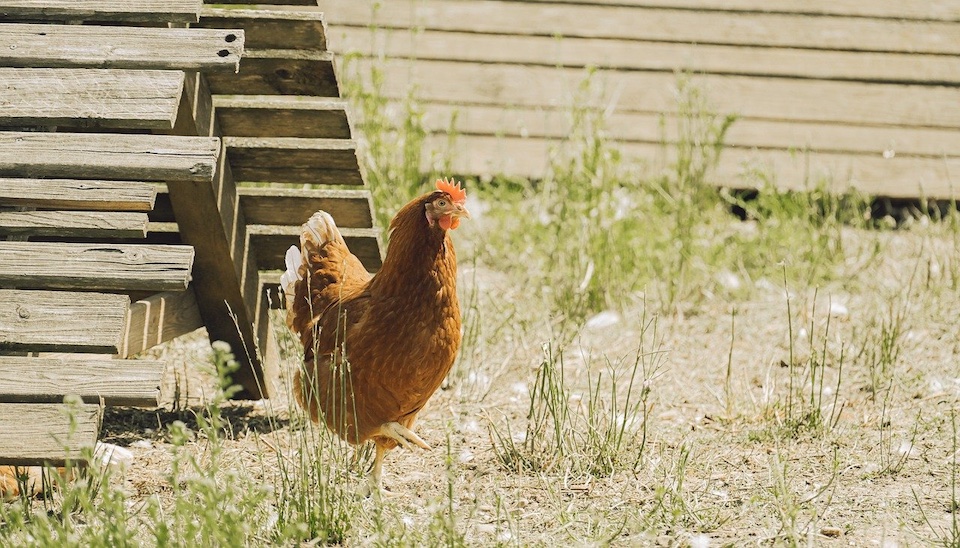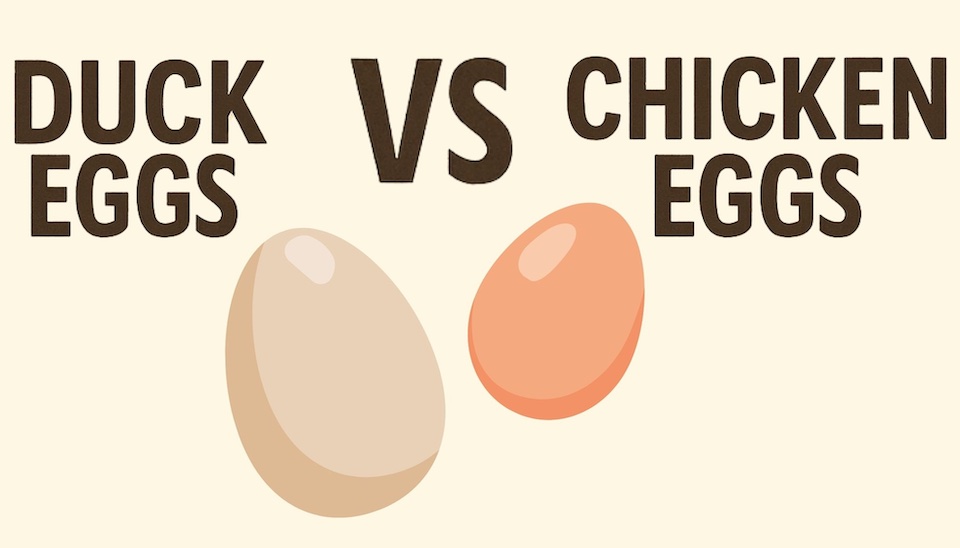Chicken Biosecurity - Poultry Disease Control and Prevention
Chicken Biosecurity - Poultry Disease Control and Prevention
With the recent outbreaks of Avian Influenza in Victoria, NSW and the ACT, the term “chicken biosecurity” has taken on a new significance. Suddenly, common biosecurity measures in poultry farms, such as boot washing stations and hazmat suits, are being used by backyard chicken keepers too.
Hazmat suits are obviously overkill with backyard chooks. But backyard chicken biosecurity is crucial for preventing diseases like Avian Influenza and keeping your flock healthy.
In you live in one of the areas affected by Avian Influenza, practicing good chicken biosecurity, even with a small backyard flock, is now a legal requirement.
For chicken coops from Victoria to Queensland, biosecurity for chickens protects the health of our families and our chooks, the local community and the multibillion-dollar commercial poultry industry.
There are 4 simple steps to biosecurity for chickens which will control and prevent poultry disease:
- Prevent backyard chicken disease coming into your coop
- Protect yourself from diseases by practicing good hygiene
- Control disease to keep your flock healthy
- Prevent disease from spreading to other chickens
Step 1: Prevent backyard chicken disease coming into your coop
There are many sources of poultry disease. Some can be avoided, and others not so much. Preventing poultry disease is the most important biosecurity measures on a backyard scale. Here is a basic breakdown of how to avoid the most common sources of chicken disease.
| Source | Risk Level | Prevention |
|---|---|---|
|
Chickens - New birds - Birds that have travelled, e.g. for shows |
High |
- Quarantine all new birds for at least 4 weeks - Use a sacrificial bird with quarantines - Do not travel with your birds - Ensure feed and water are never contaminated with droppings |
|
Wild Birds - Shared food or water - Droppings - Parasites, e.g. lice and mites |
High |
- Prevent access to feeders and drinkers using bird netting - Ensure the coop is pest-proof |
|
Rodents - Shared food or water - Droppings - Parasites, e.g. lice and mites |
Medium |
- Prevent access to feeders and drinkers - Ensure the coop is pest-proof - Manage infestations with rat poison and traps |
|
Contaminated equipment - Borrowed, shared or secondhand equipment that has been used with other birds, e.g. tools, cages etc. |
Medium |
- Clean and disinfect any equipment that has been in contact with other birds before using with your own - Use chicken coop disinfectant |
|
People - Clothing, shoes, hair etc. that has been in contact with other birds |
Medium | - Ensure that other chicken keepers, vets etc. have clean clothes, hands and shoes before entering your coop or handling your birds |
|
Insects - Bites or stings, e.g. mites and lice - Ingestion, e.g. maggots and slugs |
Low |
- Treat your chickens regularly for worms and external parasites - Prevent flies from breeding in the coop using a fly trap |
|
Dirt - Ingestion |
Varies |
- Low risk in most contexts - High risk in areas where disease has been present (some diseases can remain in the soil for up to 10 years) - Do not feed birds on the ground - Avoid contamination of feed and water |
Step 2: Protect yourself from poultry disease
Protecting yourself and those around you from illness is simple. In this case, biosecurity relies on normal hygiene. Yet you’d be amazed how many backyard chicken keepers fail to practice it!
- Wash your hands thoroughly with soap and water after handling chickens, their equipment or eggs
- Avoid bringing birds into the house
- Avoid close contact with sick chickens and wear a mask and gloves if you are unsure what the illness is
- Wear a mask when cleaning the chicken coop
- Always wash clothes and hair after cleaning the chicken coop
- Thoroughly clean clothing, shoes or equipment that has been used with chickens before using it for anything else
- Never eat eggs or meat from a bird that might be sick
- Always properly compost chicken manure and bedding before using them on gardens
- Do not allow indoor pets into the chicken coop or run
- Do not eat in the chicken coop or run
Step 3: Control disease in your flock
Like humans, chickens pass diseases and parasites back and forth among themselves. The best thing a chicken keeper can do to control the spread of disease in their flock is to keep their coop clean and their flock healthy. This means:
- Deworm your chickens regularly and treat for external parasites like lice and mites
- Keep the coop and run clean and dry
- Disinfect your coop regularly
- Always isolate sick birds and treat illnesses immediately
- Never feed chickens on the ground
- Always ensure food and water are not contaminated by faeces
- Keep grass short and encourage sunlight, which can destroy many parasites and diseases

Step 4: Prevent disease from spreading between flocks
What we do at home makes a difference to other chicken keepers and the commercial poultry industry, which employs thousands of people across Australia. That is why backyard biosecurity is so important to the control and prevention of chicken disease.
It is simple to prevent spreading diseases off your property:
- Keep your chickens at home unless absolutely necessary, e.g. to visit the vet
- Be aware of common chicken illnesses and their symptoms, including notifiable diseases that must be reported nationally and/or to your State/Territory
- Do not wear contaminated clothes or shoes off your property
- Avoid contact with other chickens
- Clean and disinfect any contaminated equipment, especially tyres, before leaving the property
- Dispose of dead birds and other waste responsibly
- Do not swap, sell or give away birds that you believe may be carrying diseases. Once birds are exposed to some illnesses, they will carry them for life.
Remember, what we do at home matters. Good biosecurity measures in backyard chicken coops all over Australia are key to the control and prevention of poultry diseases in our own flocks and in the community.
Happy chicken keeping!
Rachael at Dine a Chook Australia
Related articles



